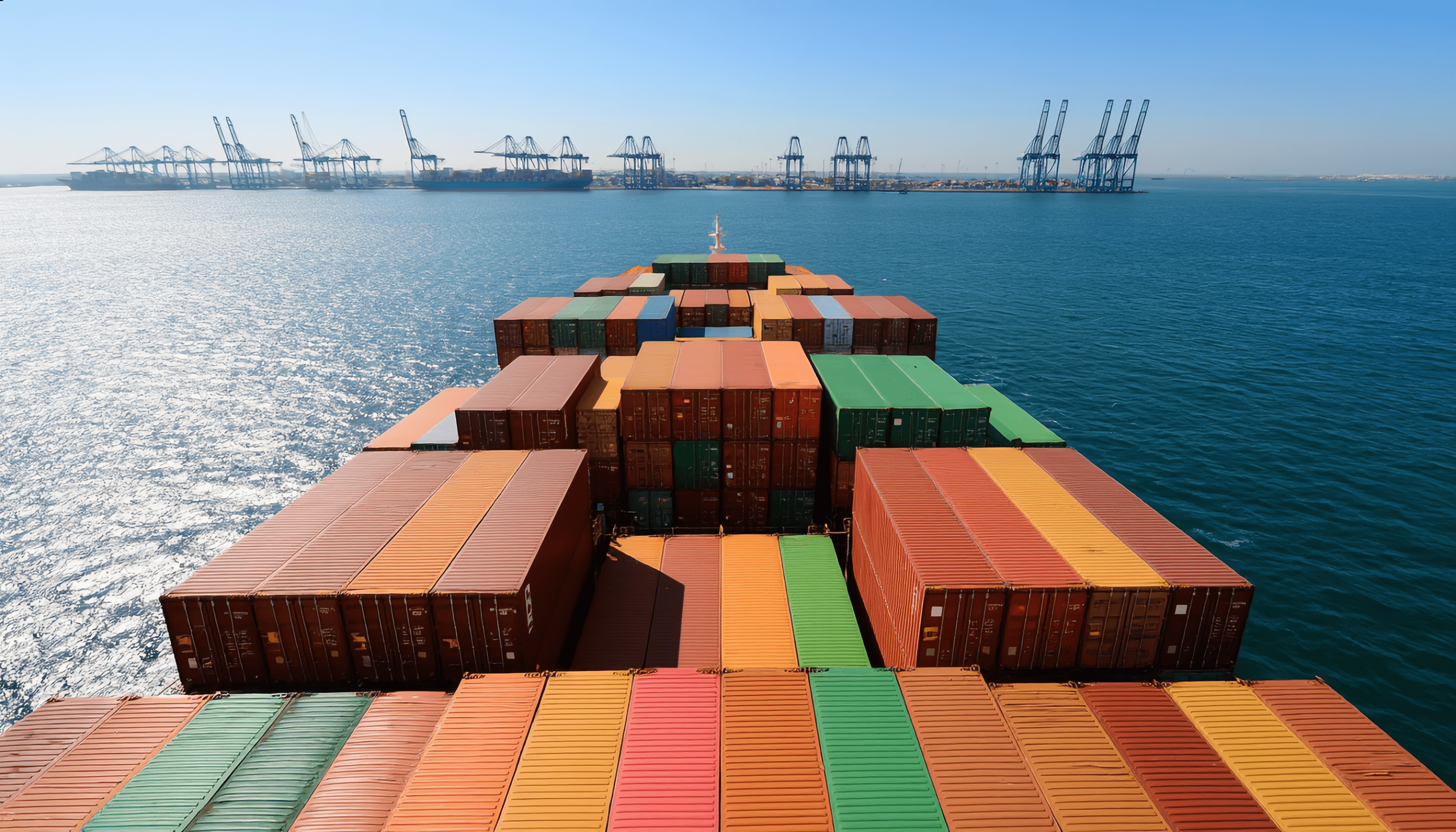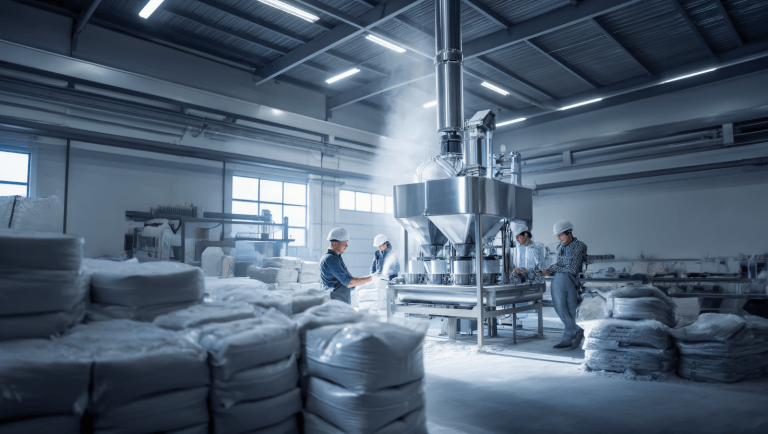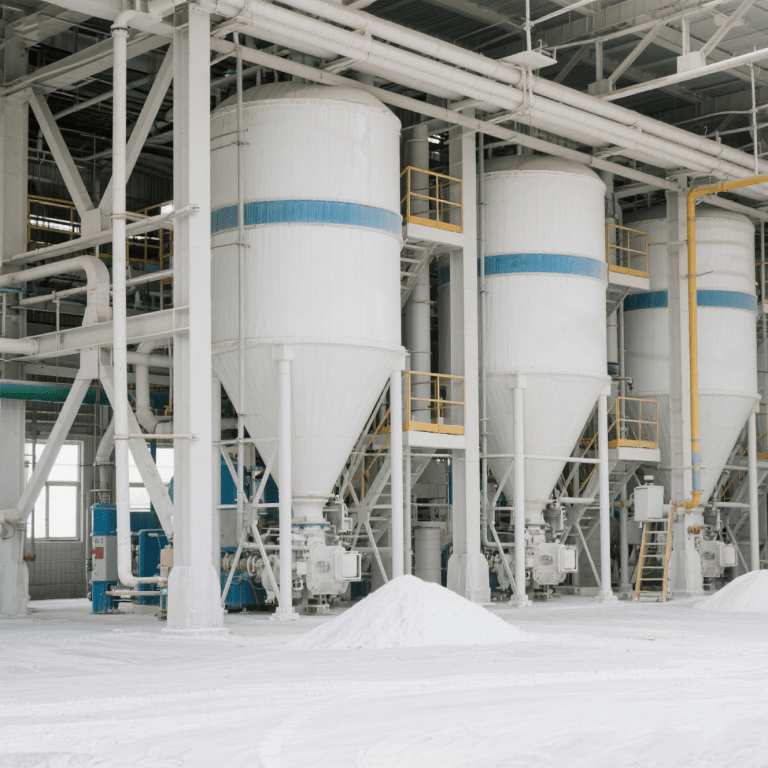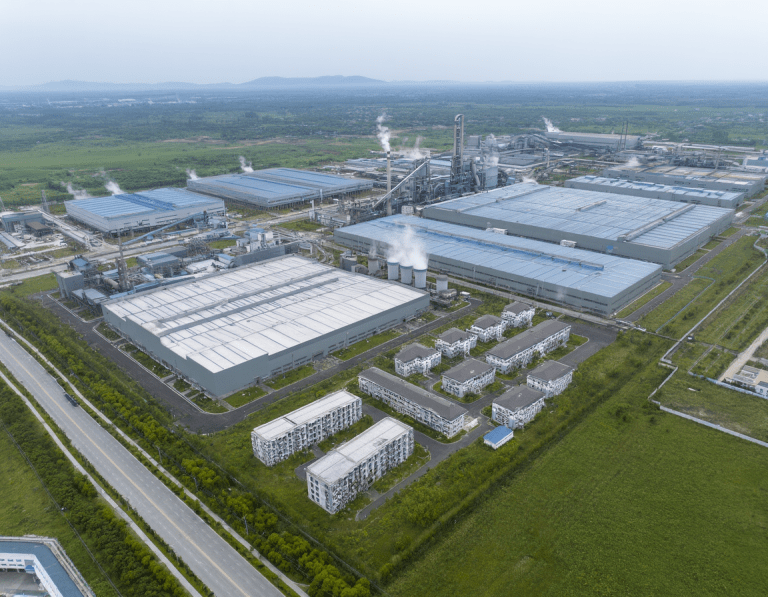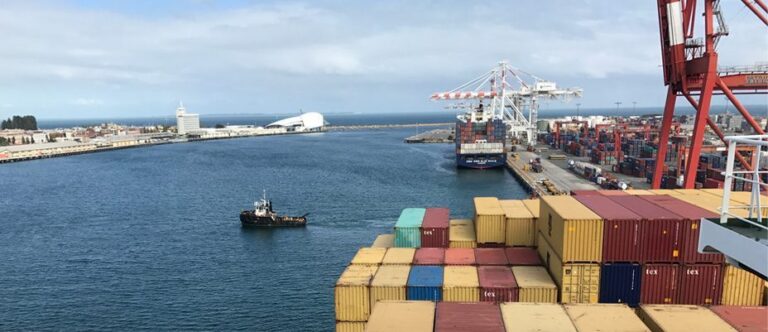German Chemical Giant Warns: Immediate Ban on Russian Natural Gas Would Collapse Production and Supply Chains.
After BASF, Another German Chemical Giant Warns of Severe Consequences if Russian Gas Supply is Cut Off
The chemical industry and other sectors must reduce their reliance on fossil fuel raw materials, especially Russian gas. However, an immediate embargo on Russian gas “could lead to a collapse of entire production and supply chains,” said Markus Steilemann, CEO of Covestro.
On April 21 local time, Covestro held its 2022 annual shareholders’ meeting online, where Steilemann’s speech was previously published on the company’s official website. Steilemann said: “The desire to immediately stop importing Russian gas is understandable. However, such an embargo is short-sighted.”
“We must acknowledge that Germany’s gas supply cannot be reorganized overnight.” Steilemann warned that an immediate embargo on Russian gas would not only affect the German chemical industry but all downstream sectors as well. This could cause entire production and supply chains to collapse and threaten hundreds of thousands of jobs.
Steilemann emphasized that overcoming the chemical industry’s dependence on fossil raw materials is a “huge challenge” that requires cooperation in new technology research and development.
At the end of March, BASF, one of Germany’s largest chemical companies, issued a warning that if the gas supply to its Ludwigshafen base falls below half of current demand, the operation of one of the world’s largest integrated chemical production sites would come to a complete halt.
BASF stated that there is no substitute for natural gas as raw material or energy (in Germany). Gas shortages would leave it without enough energy for chemical production and without key raw materials for manufacturing products.
“A continuous supply of natural gas is vital for chemical production,” BASF said. In Europe, 60% of its purchased natural gas is used for energy needed in production — steam and electricity; the remaining 40% is used as raw material for producing basic chemicals that supply nearly all industrial sectors.
The chemical and pharmaceutical industries play a systemic and crucial role in Germany’s industrial ecosystem: nearly all industrial products in the country rely on chemical products, including automobiles, computer chips, insulation materials, pharmaceuticals, detergents, and cleaning agents.
Data from the German Chemical Industry Association (VCI) shows that the chemical industry accounts for about 15% of Germany’s natural gas consumption, using around 2.8 million tons of natural gas annually as chemical raw materials, and 99.3 terawatt-hours of natural gas for steam and electricity production, which account for 27% and 73% of the industry’s gas usage respectively.
In mid-March, VCI withdrew its previously published 2022 outlook for the German chemical industry, citing the Russia-Ukraine tensions as having “dashed hopes for a positive economic trend this year.”
The chemical industry is energy- and raw-material intensive, and soaring oil and gas prices have made an already challenging situation even more difficult. In a recent survey, 70% of VCI member companies reported serious business problems due to high energy prices. Fifty-four percent expected production and sales to decline this year. Eighty-five percent said they could partially pass on the rising production and procurement costs.
VCI Director General Wolfgang Große Entrup said banning Russian gas imports would have a significant impact on Germany’s chemical industry. A substantial cut in industry production levels would not only affect large energy-intensive companies but also medium-sized firms and nearly all sectors. Additionally, if Russian gas imports are banned, supply chains in almost all industries would be disrupted.
In a late March statement, VCI noted that in the long term, the European economy needs to reduce dependence on fossil raw materials and increase efforts to switch to renewable energy. During a longer transition period, natural gas will remain an important energy source. Before achieving carbon neutrality, future imports of green hydrogen or liquefied natural gas will also be necessary.
“Do not implement an immediate ban on gas imports.” VCI urged European and German policymakers to continue doing everything possible to ensure long-term gas supply and diversify procurement. They also called for exploring financial support options for the chemical and pharmaceutical industries regarding gas procurement.
In 2021, Russian gas accounted for 55% of Germany’s gas imports, dropping to 40% in the first quarter of 2022. German energy company E.ON reported that in spring this year, wholesale gas prices in Germany were already 20 times higher than the same period last year, and electricity prices eight times higher.
On April 22, the German central bank stated in a newly released monthly report that if the EU bans Russian energy imports, Germany’s GDP could shrink by as much as 5% this year, amounting to 165 billion euros.


